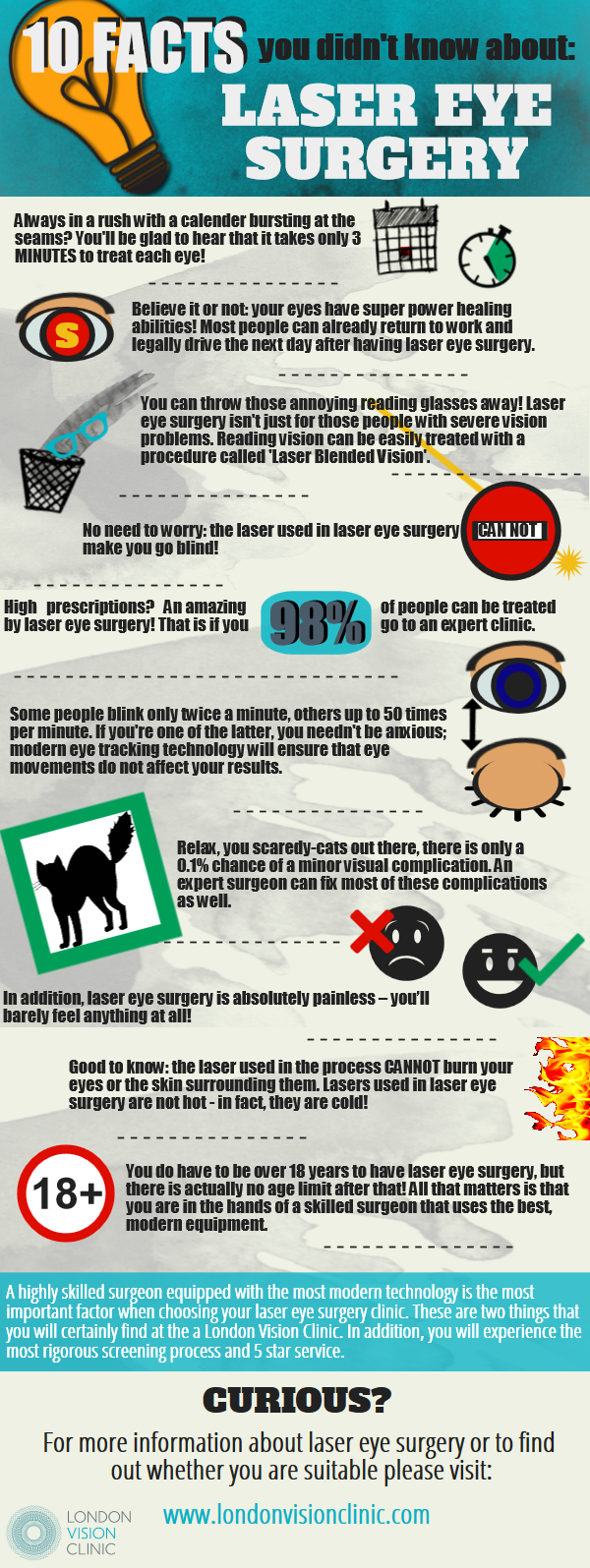Offering Care For A Loved One Planning For Cataract Surgery: A Caretaker'S Approach
Offering Care For A Loved One Planning For Cataract Surgery: A Caretaker'S Approach
Blog Article
Write-Up Written By-Lynggaard Husum
As a caretaker supporting an enjoyed one facing cataract surgery, your role is critical in ensuring their convenience and recuperation. From pre-surgery preparations to post-operative care, your presence and support can make a considerable distinction in their journey. Comprehending the psychological and physical difficulties they may experience, providing practical assistance, and being their column of assistance are key elements in this procedure. Remember, your function surpasses simply providing help; it's about being a source of strength and comfort throughout a considerable phase in their life.
Recognizing Cataract Surgery Process
Discovering the actions involved in cataract surgical procedure can assist ease any type of anxiousness or unpredictability you may have regarding the treatment. Cataract surgery is an usual and highly successful treatment that entails eliminating the gloomy lens in your eye and replacing it with a clear fabricated lens.
Before visit our website , your eye will certainly be numbed with eye declines or a shot to guarantee you don't feel any pain during the treatment. The specialist will make a small incision in your eye to access the cataract and break it up utilizing ultrasound waves before thoroughly removing it.
As soon as the cataract is removed, the fabricated lens will certainly be inserted in its place. The entire surgical treatment typically takes around 15-30 mins per eye and is usually done one eye each time.
After the surgery, you may experience some mild pain or blurred vision, but this is regular and need to improve as your eye heals.
Readying for Surgical Treatment Together
To make sure a smooth and hassle-free experience, preparing for cataract surgical procedure with each other can make a considerable difference in your enjoyed one's journey. Beginning by participating in pre-surgery assessments with them. By doing cataract surgery post op , you can ask concerns, recognize the procedure, and provide emotional support.
Help them arrange their pre-operative guidelines, drugs, and transport to and from the medical center. Make certain their home is ready for their healing by establishing a comfortable space with easy accessibility to vital products.
Assist them in arranging for post-operative treatment if needed, such as aid with meals or household duties. Urge them to comply with the physician's suggestions relating to fasting prior to surgery and medication procedures.
Comfort them that you'll be there for them every step of the method. By proactively taking part in the prep work procedure, you can alleviate stress and anxiety and make certain that your loved one feels sustained and looked after during this vital time.
Post-Operative Care Tips
After cataract surgical procedure, offering proper post-operative treatment is important for your loved one's healing. Ensure they use the safety shield over their eye as advised by the physician. Help them provide prescribed eye decreases and medications in a timely manner to stop infection and aid recovery.
Encourage your liked one to avoid touching or rubbing their eyes, as this can lead to difficulties. Assist them in adhering to any constraints on bending, raising heavy items, or joining strenuous activities to stop stress on the eyes. See to it they participate in all follow-up visits with the eye physician for monitoring development.
Maintain the eye location tidy and completely dry, avoiding water or soap straight in the eyes. Urge your enjoyed one to use sunglasses to secure their eyes from intense light and glare during the recovery process. Hold your horses and helpful as they recuperate, providing assistance with everyday jobs as needed.
Conclusion
Finally, supporting a liked one with cataract surgery includes existing every step of the way, from pre-surgery preparations to post-operative treatment. Your emotional support, functional assistance, and motivation can make a substantial difference in their recovery process. By remaining informed, organized, and attentive to their demands, you can help make sure an effective end result and give them with the comfort and confidence they need during this tough time.
